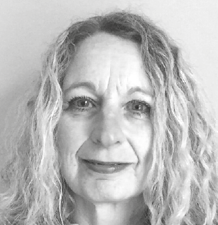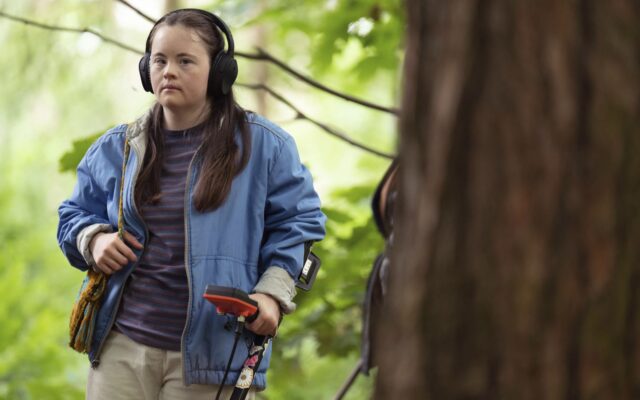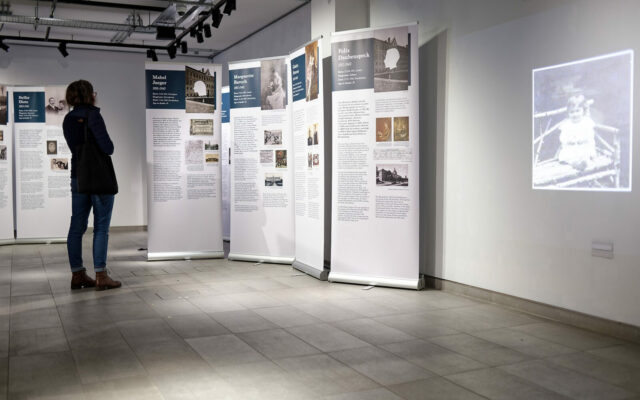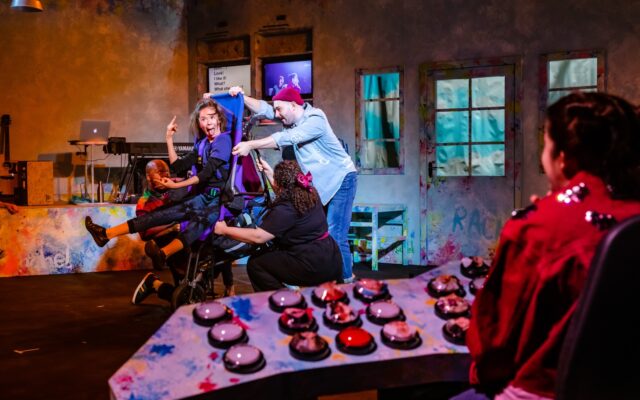Tracey Harding enjoys a deftly written TV drama series that depicts life for those who are different in a small town and finds subtle comedy and nuance in human interaction
The A Word. BBC1, series 2, episodes 1-16, November/December 2017
Silent Witness. One Day. BBC 1, series 21, episode 7, January 2018
At the end of last year, television provided a Christmas treat that shone among the stodge of repeats and old films.
The A Word (BBC1) returned for a second series, proving that the first series was not merely a flash in the pan. Many felt that this series, unusually, surpassed the first.
The A Word is a drama set in the beautiful surroundings of the Lake District which follows the lives of the Hughes family, whose five-year-old son Joe has autism. While the first series focused on the family’s struggle to come to terms with Joe’s diagnosis and what it would mean for his future, in the second, the focus shifted to the ripple effect it had on the people around him.
The drama is written by BAFTA award winner Peter Bowker, a former teacher who worked with children with learning disabilities, and it gives an emotionally nuanced look at autism, being both quirky and beautifully acted. Max Vento again gave a quietly intense performance as Joe.
In this series we get more of a feeling of how Joe’s family and their reactions to him appear through his own eyes.
He is now attending a specialist school which requires a 100 mile round trip every day to Manchester, which places a huge strain on his parents’ marriage.
This is where the writing is at its best, highlighting issues that are a reality for many parents and carers with children with disabilities, and managing to refrain from being schmaltzy or preachy.
In this series a romance between Joe’s grandad Maurice (Christopher Ecclestone) and local music teacher Louise (Pooky Quesnal) provides a resonance to Joe’s story. Louise’s son Ralph (Leon Harrop), who has Down’s syndrome, attempts to prove to his mother that he is responsible enough to hold down a job and be treated like the adult he has become.
Harrop was excellent in the first series, and has proved himself even more of a talent in this one as he was given a strong storyline which he has developed and grown into.
Harrop’s character of Ralph captured how a small town deals with people who are different, and he provided much of the humour, particularly in the witty exchanges he has with Maurice. In a recent Radio Times interview, Christopher Ecclestone praised Harrop’s performance:
“Leon has the ability and technical nous and work ethic to carry a show. He has what people in the comedic work call funny bones. Leon technically understands comedy in a way I don’t,” he told the magazine.
In interviews about The A Word, Ecclestone has consistently championed the need for characters with learning disabilities to be included in all future writing and to encourage the visibility of people with all disabilities on screen. He has noted that the four main terrestrial TV channels are under political pressure to include storylines and set aside time for programmes so people special needs see themselves and their lives reflected in drama. “I think writers are desperate to do it,” he told the Radio Times.
Shining a light on care home abuse
A writer who is determined to reflect the lives of people with special needs and disabilities on television is Timothy Prager, whose long-running series Silent Witness featured a story, One Day, about suspected abuse in a care home.
Silent Witness is based on the work of police pathologists. Since 2013, it has featured the disabled actress and comedian Liz Carr, so the series is already ahead of the game in terms of recognition and inclusion of actors with disabilities.
In this episode, the script centred around a murder investigation which led Nikki (Emilia Fox) and Jack (David Caves) to a care home for people with learning disabilities.
Any drama that highlights the possibility of abuse in care homes needs to be handled sensitively, and these episodes certainly did this, although I felt that there were many parts of the story which for me didn’t ring true, particularly in the way that the police and care agencies were portrayed. However, remembering that this was a drama, it was encouraging to see so many actors with learning and physical difficulties giving emotionally complex performances.
Prager should be applauded for shining a light (albeit briefly), on the scandal of abuse and neglect in care homes. He insists that every script he now writes will include disability somewhere, and we can only hope that this baton is taken up by all writers of television drama. n






